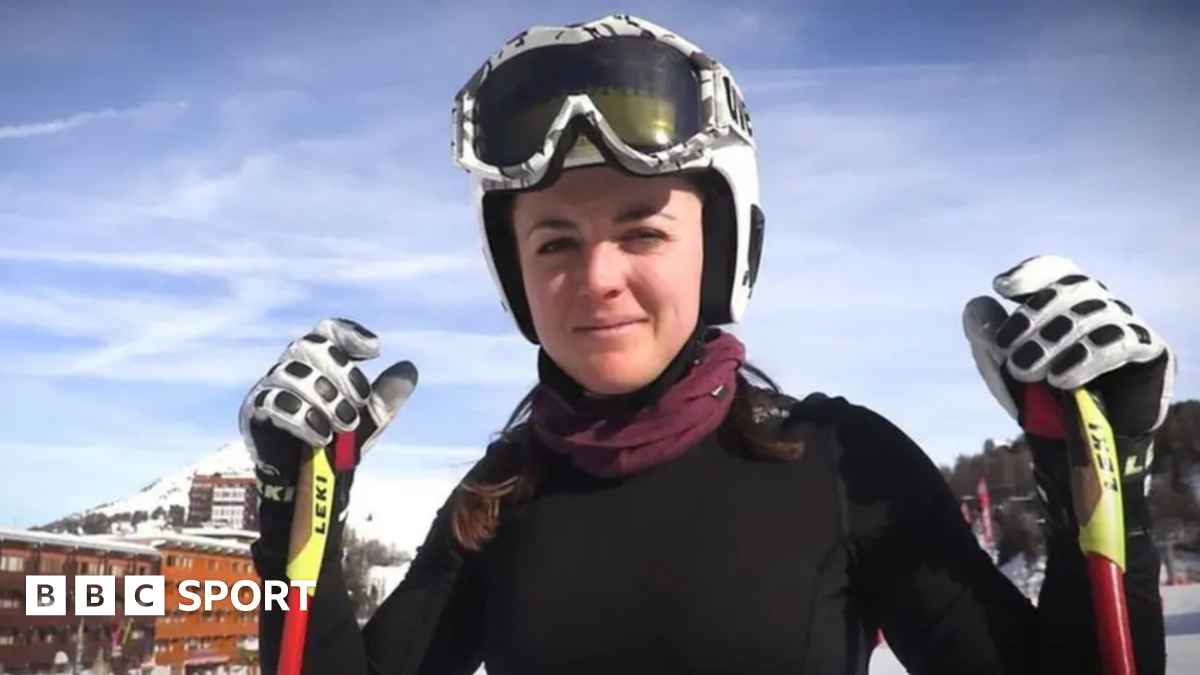Double Olympic dressage champion Charlotte Dujardin handed one-year suspension

- by Admin
- December 5, 2024

Double Olympic dressage champion Charlotte Dujardin has been suspended from all competition for one year following a horse whipping controversy that saw her withdraw from the Paris Games.
Dujardin was provisionally suspended by equestrian’s governing body, the International Federation for Equestrian Sports, on July 23 as it launched an investigation into a video from four years ago showing her making what she described as “an error of judgement” during a coaching session.
The video showed Dujardin repeatedly hitting a student’s horse with a whip from the ground. Her behaviour sparked widespread condemnation.
The complaint was made to the FEI by Dutch equine lawyer Stephan Wensing on behalf of an unnamed client.
Dujardin is now sidelined from all competition until July next year, with the suspension back-dated to July 23 of this year. The PA news agency understands that she will not appeal.
In a statement, the FEI said: “The FEI has suspended British Dressage athlete Charlotte Dujardin for one year and imposed a fine of CHF 10,000 (£8,881), effectively concluding the disciplinary proceedings against her.
“Dujardin has been provisionally suspended since 23 July 2024 for engaging in conduct contrary to the principles of horse welfare. The time served during her provisional suspension will be credited towards the one-year suspension.
“During her suspension, Dujardin is prohibited from participating in all activities related to competitions or events under the jurisdiction of the FEI or of a National Federation.
“British Equestrian and British Dressage have reciprocated the suspension, resulting in Dujardin’s ineligibility to compete in any national competition or training events during this period.”
Dujardin, who has won six Olympic medals including individual gold in 2012 and 2016, was ditched by sponsors and dropped as an ambassador by global horse welfare charity Brooke and the London International Horse Show.
UK Sport, meanwhile, suspended Dujardin’s eligibility to receive public funding in the summer pending the outcome of the FEI investigation.
The elite sports funding body issued an update via a spokesperson on Thursday which read: “We expect all staff and athletes in Olympic and Paralympic sport to adhere to the highest standards of behaviour, ethics and integrity.
“In line with the UK Sport eligibility policy, Charlotte Dujardin is ineligible to receive public funding and publicly-funded benefits for the same time period as the FEI sanction.
“Her eligibility to receive public funding beyond the sanction imposed by the FEI will be reviewed under our eligibility policy.”

The 39-year-old could have become Britain’s most decorated female Olympian in Paris. A medal of any colour would have taken her clear of cyclist Dame Laura Kenny, with whom she is currently tied.
Dujardin rose to prominence with individual and team golds at London 2012 while riding Valegro – to a soundtrack that included Land of Hope and Glory. The duo retained the former title and won silver in the latter at Rio 2016.
British Equestrian chief executive Jim Eyre said: “We are confident that this has been a thorough disciplinary process and thank those involved for their professional approach. The sanctions were discussed at board level by BEF and British Dressage and both agreed that the suspension and fine are in line with the parameters outlined in the FEI’s regulatory framework.
“The welfare and ethical treatment of horses has always been a priority and no one involved in our sport should be in any doubt that we expect highest standards at all times.”
British Dressage chief executive Jason Brautigam said: “We stand united with the FEI in taking a zero-tolerance approach to any breaches of our equine welfare policies – and this case has proved that these disciplinary processes work, regulardless of the status of the individual concerned.”
The Latest News
-
December 22, 2024Donald Trump picks Apprentice producer to be the US special envoy to UK
-
December 22, 2024Daily horoscope: December 22, 2024 astrological predictions for your star sign
-
December 21, 2024UK flights and ferries cancelled owing to high winds as Christmas getaway begins
-
December 21, 2024Prince Andrew plans to move to UAE amid espionage allegations: Report
-
December 21, 2024Inside Britain’s saddest shopping centre: Town centre mall empty just DAYS before Christmas as depressed locals say ‘it’s a disgrace’





